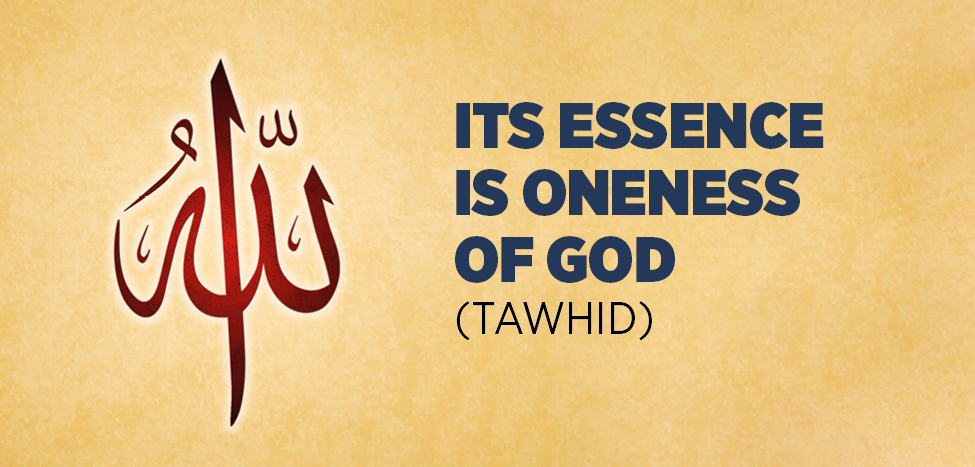What is science in islam? What is islams view of science?
Islam addresses all humanity. Its essential rules were determined not according to incidental, temporary, or partial characteristics, but according to the original and natural tendencies and needs that come from the way human beings are created. For this reason, Islam is a natural religion and it does not become antiquated. Its principles of faith are not based on wondrous things, but rather on intellect and clear realities. Thus, Islam never contradicts scientific truths. When commands related to worship and practices are examined, it becomes immediately obvious how well those commands fit in with human nature.
Since intelligence is the most important trait of human beings, the Quran focuses on using intelligence and thinking. It invites human beings to think, research, and use intelligence in the best fashion in almost 750 verses.[1]
When people who did not believe the Messenger of Allah said: “Show us some miracles so that we will believe in Allah and acknowledge you as a prophet,” Allah did not like their proposal: He encouraged them to look at the earth and the sky and think about them rather than wanting to see miracles in order to believe in God.
Since Islam attaches so much importance to intelligence, it prohibits substances that cloud it such as alcohol or narcotics. It is common sense that it is better for human beings to be alert than drowsy, and that laziness or drunkenness bring no benefits.
As a consequence of its being natural, Islam always puts forth realistic rules. There is no command in Islam that is impossible to implement – nothing troubling or difficult for human nature. Some examples:
- If there is no water to make ablution (wudhu) or if the person cannot use water for health reasons, one can make dry ablution with clean soil (tayammum).
- If one cannot perform a ritual prayer standing up, it can instead be performed lying down or even by nods and signals.
- If fasting cannot be performed, it can be performed at a later time or money can be donated to the poor instead of fasting.
- Remitting the mandatory Islamic poor due (zakat) or performing pilgrimage (hajj) is obligatory (fardh) only to those sufficiently wealthy.
- A person who invites people to Islam is only responsible to explain it in an attractive style; he does not have to “do whatever it takes to make people Muslim.”
[1] Ayşe Sucu et al., Gençlik ve Din (Youth and Religion), p. 220.
Source: Dr. Murat Kaya,The Final Divine Religion: ISLAM




